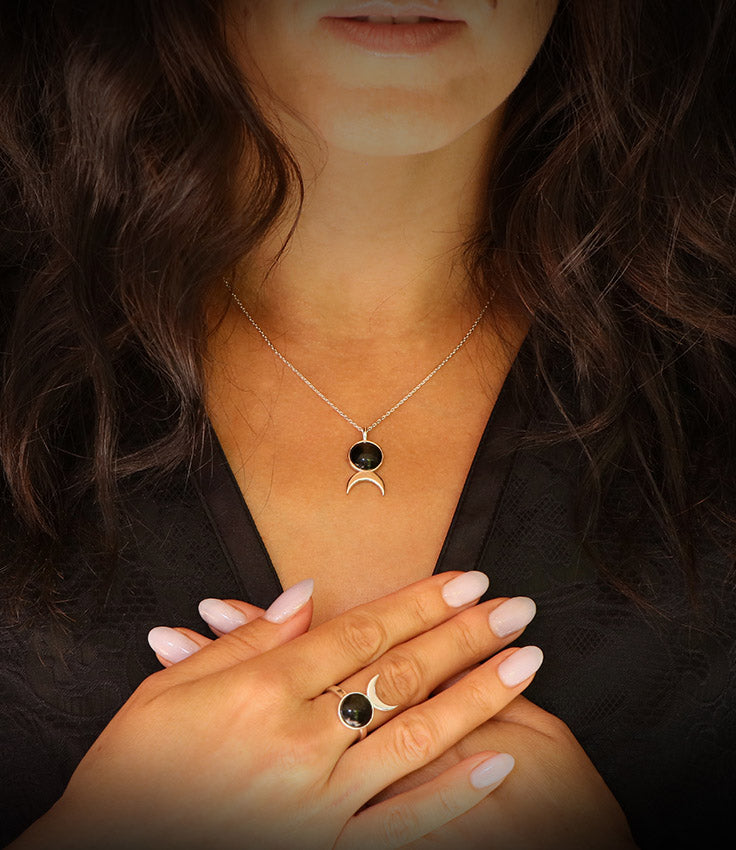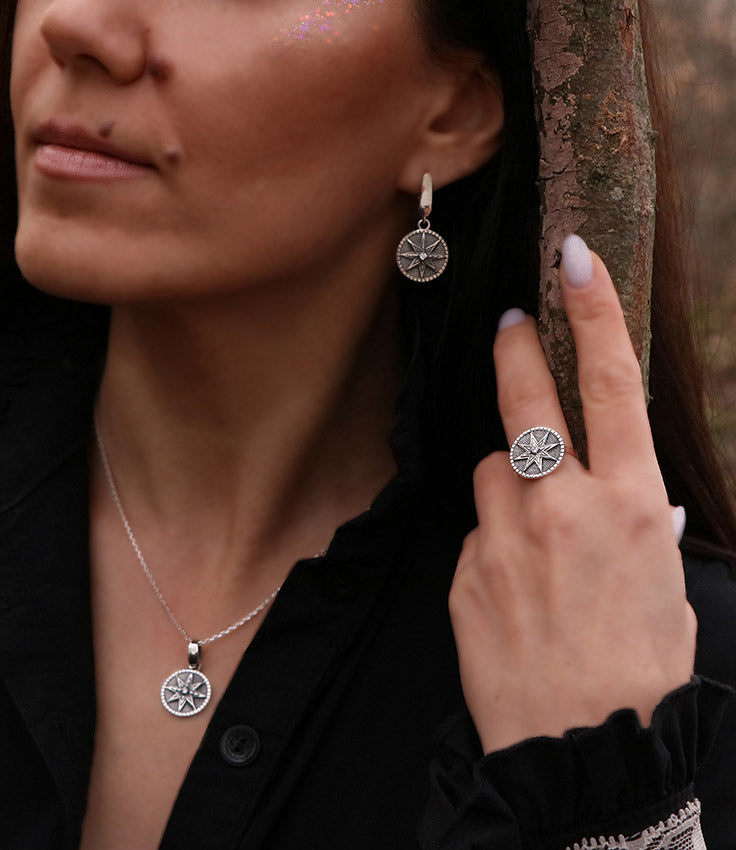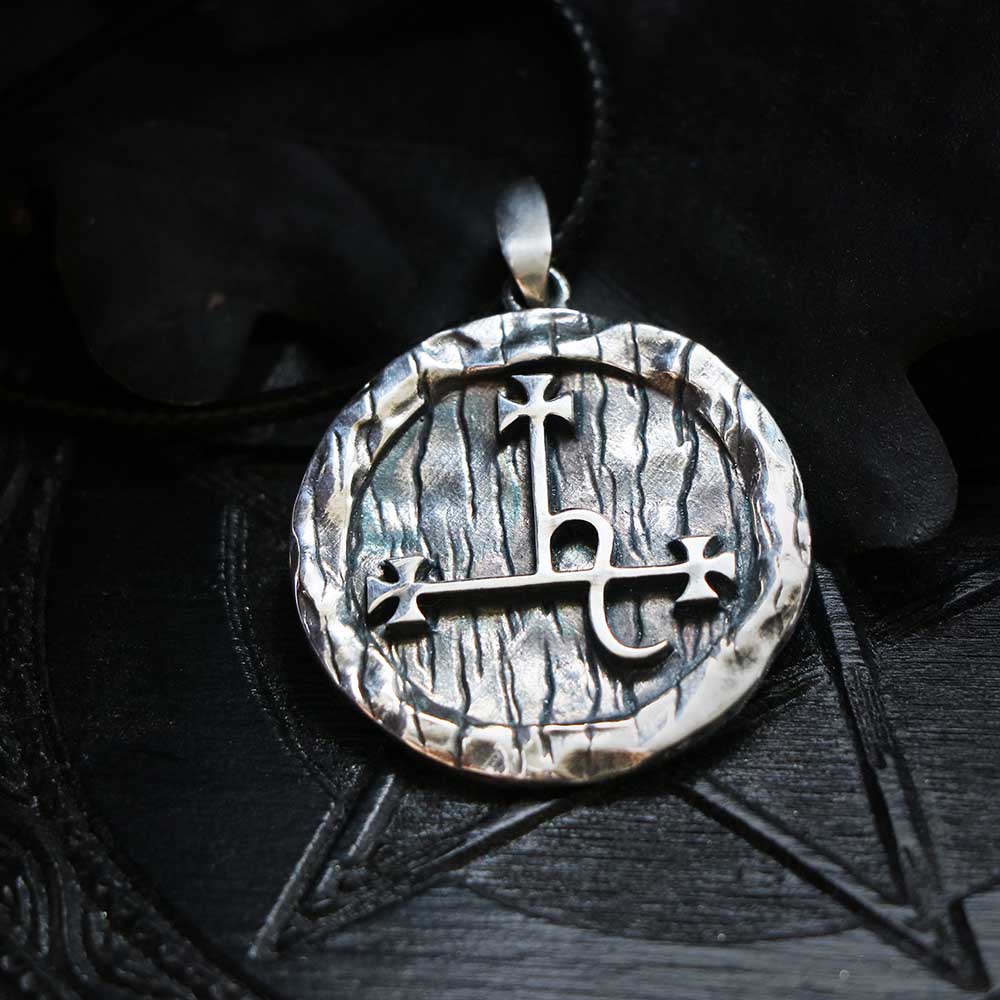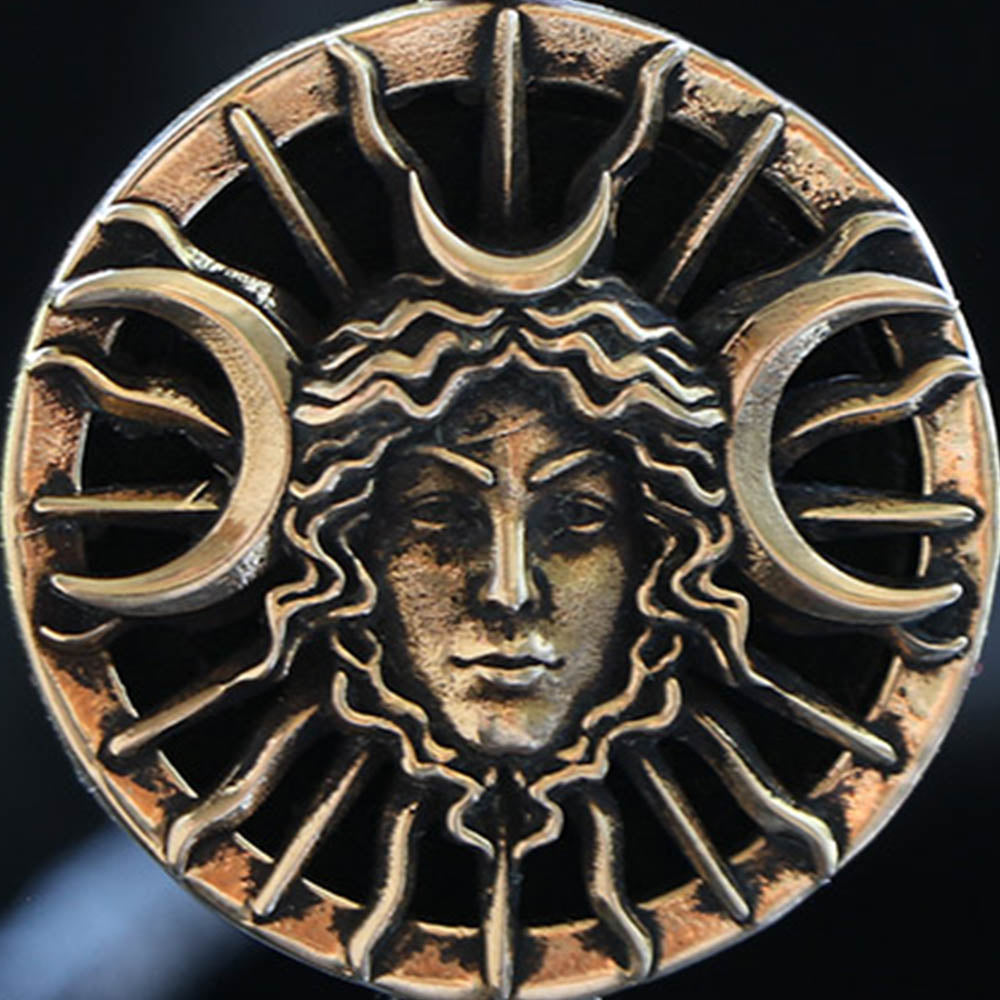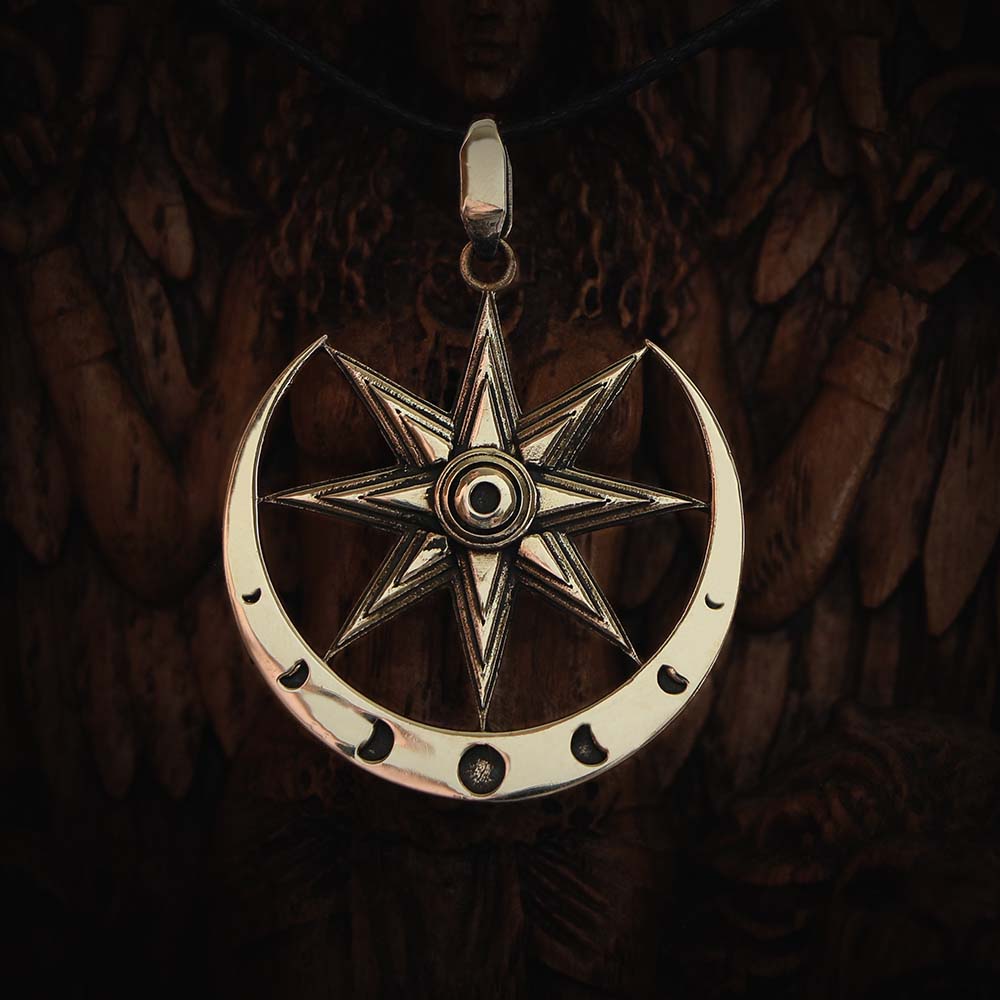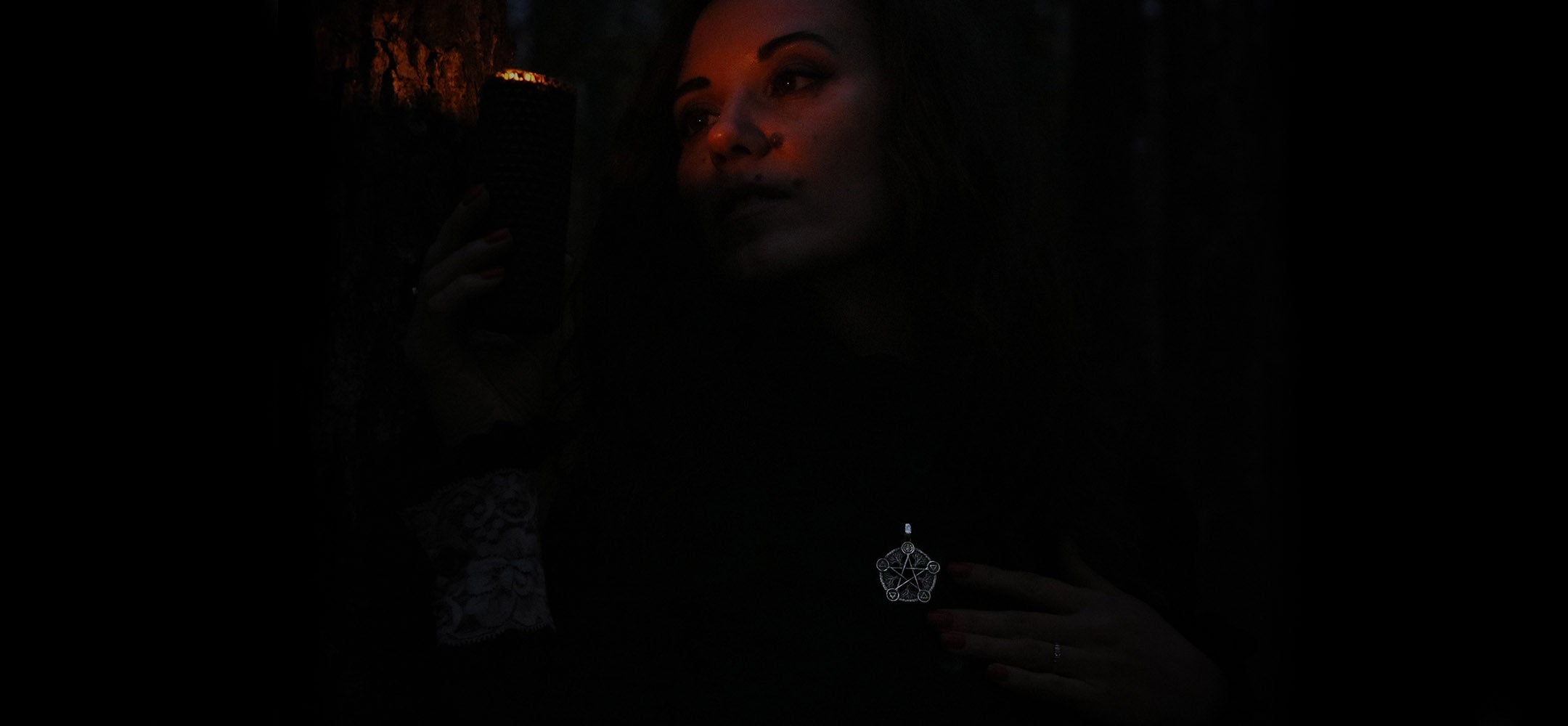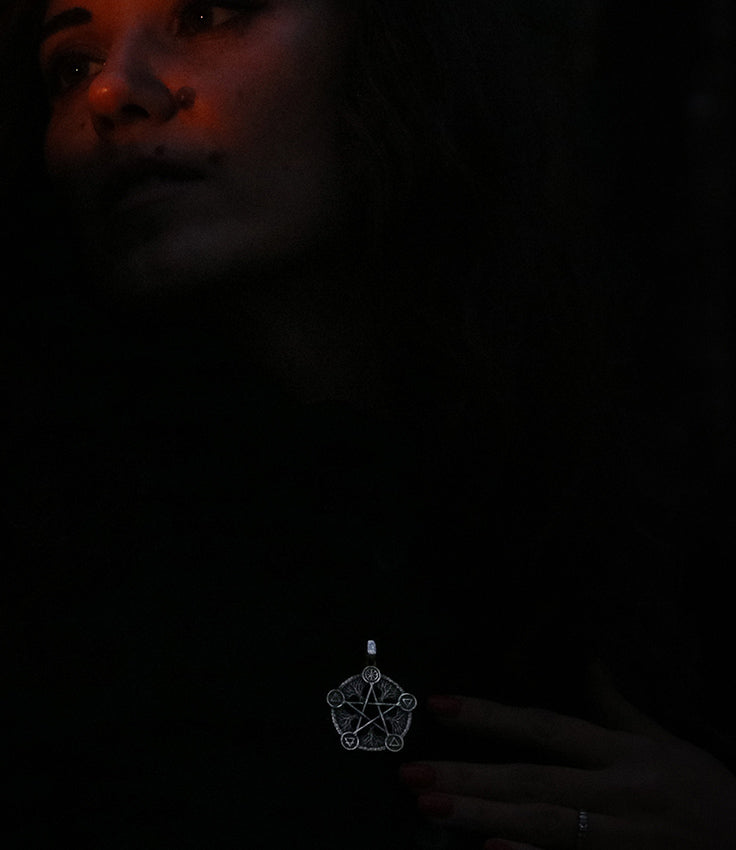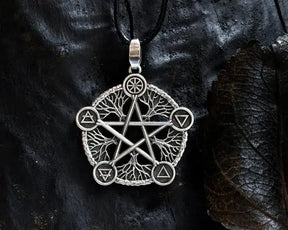The word "Lilith" has its origins in ancient Semitic languages, specifically Hebrew and Akkadian. In Hebrew, the term "Lilith" (לִילִית) is believed to be derived from the root word "lil," which translates to "night." In this context, Lilith is often associated with the night or creatures of the night, emphasizing her connection to darkness and nocturnal aspects.
In Akkadian, an ancient language of Mesopotamia, the word "lilītu" refers to a female demon or malevolent spirit that was believed to cause harm to newborns and pregnant women during the night.
Throughout history and across various cultures and mythologies, the name Lilith has taken on different meanings and associations, making her an intriguing and multifaceted figure in religious and folkloric traditions.
Lilith is a complex and enigmatic figure with various meanings across different cultures and belief systems. In ancient Mesopotamian mythology, Lilith was considered a type of female demon or spirit associated with the night. She was believed to cause harm to newborn infants and pregnant women.
In Jewish folklore, Lilith was often depicted as the first wife of Adam, created alongside him from the same clay. However, she refused to be subservient to Adam and fled the Garden of Eden. Consequently, she was cast as a seductive and malevolent figure, associated with promiscuity and darkness.
Over time, Lilith's image evolved, and in modern interpretations, she became a symbol of female empowerment and independence. Some view her as a feminist icon, representing women's rights to equality and autonomy.
In occult traditions, Lilith is considered a powerful and mystical figure, associated with dark or primal energies. She is sometimes associated with witchcraft and sorcery, embodying the wild and untamed aspects of femininity.
The meaning of Lilith, therefore, varies significantly depending on cultural context and personal beliefs. She represents both the feared and misunderstood aspects of femininity and, in some interpretations, the strength and resilience of women throughout history. Ultimately, Lilith's meaning continues to evolve as she remains a subject of fascination and interpretation in mythology, folklore, and modern culture.
Discover Lilith pendant featuring the powerful Sigil of Lilith. Explore it here

